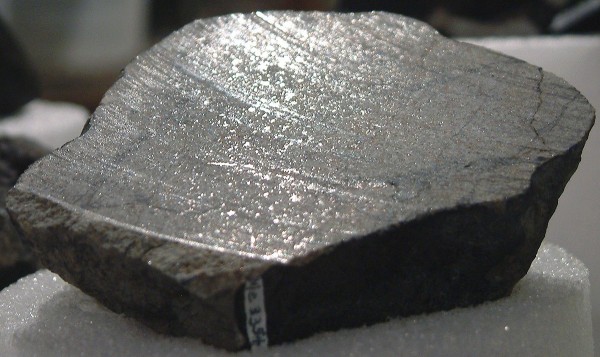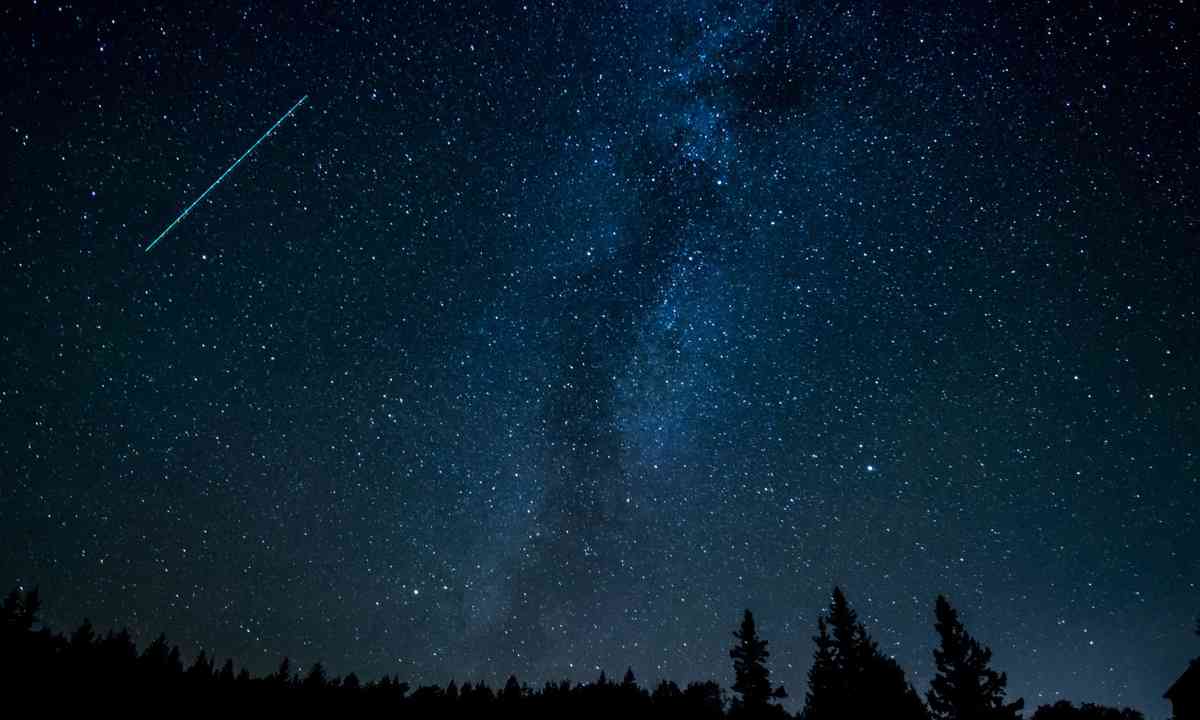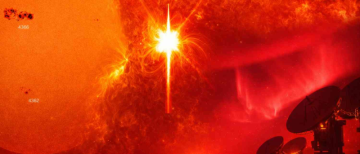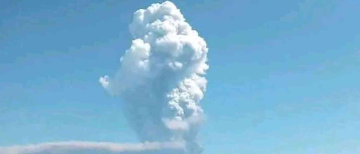The meteorite that just recently crashed-landed in a Hopewell home was a 2.2-pound stony chondrite meteorite that was around 4.5 billion years old, according to Nate Magee, a physics professor at The College of New Jersey.
On Monday, a meteorite that measured around four inches by six inches impacted the roof of a ranch-style house. The home's roof, ceiling, and hardwood floor were all damaged and fractured by the oblong item that entered them. Although no one was hurt, Suzy Kop, a house resident, informed CBS Philadelphia that the meteorite had reached her father's bedroom.
The College of New Jersey reported that Jerry Delaney, a retired meteorite specialist connected to the American Museum of Natural History and New Jersey's Rutgers University, was consulted as well as visual assessment, density measurements, scanning electron microscope photographs, and analysis.

The meteorite is most likely type LL-6, which means it has less iron than other chondrite meteorites and was "highly metamorphosed" by extreme heat before penetrating the Earth's atmosphere, according to a post from the institution on Facebook.
"Getting the chance to examine the meteorite yesterday was a rare and thrilling opportunity for me, as well as for a group of physics students and professors at TCNJ," said Magee. "We are excited to be able to confirm that the object is a true chondrite meteorite, in excellent condition, and one of a very small number of similar witnessed chondrite falls known to science."
Chondrite meteorites, which are stony in nature, are the result of the collision of grains and dust in the early solar system. Based to the Planetary Science Institute, hundreds of meteorites crash to Earth every year, but only a small number are ever discovered since they frequently land in isolated locations or the ocean, are not observed falling, or are never discovered. Only around 1,100 of these meteorites have been discovered and recognized by experts, according to CBS Philadelphia.
According to the institution, the meteorite will be given a name based on the closest postal location and is most likely to be referred to as the "Titusville, NJ" meteorite.
© Copyright 2023. All Rights Reserved Powered by Vygr Media.
























